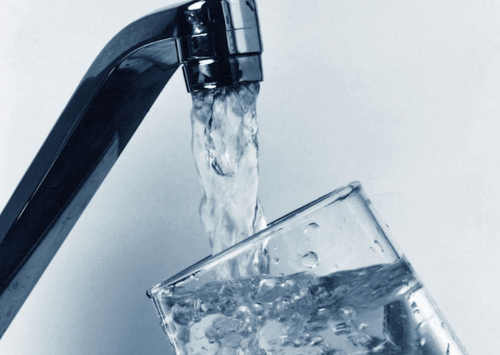
A new study has found that drinking water in parts of southern Ontario contains traces of several illegal drugs including cocaine and oxycodone.
Researchers form McGill University found the drugs in water discharged from waste-water treatment plants in the Grand River watershed as well as its surface water. The Grand River runs through Kitchener and Waterloo, however the study’s lead author, Viviane Yargeau, is confident similar drugs would be found in rivers across the province, including the Don or the Humber. “The results would be the same,” she said. “Wherever we’ve tested for it, we’ve detected it.”
The study says the drugs are found only in relatively limited quantities in the river water, but their concentration did not decline with distance downstream from the waste-water treatment plant. The study also says that many of the drugs were not removed completely during drinking-water treatment.
The drugs arrive in the water after being excreted by people, Yargeau said. Cocaine is the most common illicit substance her team found, but the precise cocktail varies from location to location. The biggest problem right now, Yargeau says, is that there is no way to know how these drugs are affecting the environment. “We don’t have much information about the toxicity or effect of these illicit drugs on fish, for example,” she said. “There’s a possibility that the fish could be affected. Their behaviour could be different and their survival rates could be affected.”
The aquatic life is not the only problem, as traces of illicit drugs are also being found in drinking water. “It’s very little amounts,” Yargeau said. “But as we’re increasing our population and increasing the use of these drugs, we’re increasing the amount and the cocktail that we discharge.”
More studies are needed to see if the drugs in the water are affecting humans or the environment. However, Yargeau’s next step will be a five-year research project to look into how improvements of waste-water treatment and natural processes along rivers impact the presence of contaminants in drinking water. She advocates for improved wastewater treatment to reduce or eliminate any contamination by drugs or other substances. “We need to do a better job treating our water,” she said. “The technologies do exist, but the issue is investing money to build additional treatment centres and hire the staff to operate them.”
Click here to read more about this study’s findings.



The real story is that our water is always toxic an polluted and a brita filter does close to nothing, a better filter such as seychelle is required. Obtain a copy of your local water report. There are allowable levels of antidepressants, dry cleaner chemicals, lead, arsenic etc. Not to mention the additives they put in the water to make it clean because it is the cheapest not the best way. They use chlorine and chlorapramine which is cancer causing, and a lung and skin irritant, especially as it combines with bio matter such as fallen leaves. They do not even remove the possibility of flu being in y our water a boil advisary is always on for the young and elderly. which also shows the arrogance and failure of the health care system, vaccines and the corporate i mean government.